So, you find out you're expecting your next child—congratulations! Expanding your family can be a great time of joy and anticipation.
It can also be a time of questions—lots of them, ranging from big to small.
How exactly will you get enough sleep? Will you use diapers or disposables this time around? How will your first child respond to siblinghood? Should you buy one of those double strollers to make neighborhood walks easier (but that will undoubtedly be hard to fit through the front door)?
Yet, if you’re still breastfeeding and you’re pregnant, you have an additional set of questions, starting with what this means for your breastfeeding journey.
Let’s start by answering the big question: yes, continuing to breastfeed during pregnancy is usually safe. Talk to your maternity care provider and your Nest lactation consultant about any risk factors that you might need to consider. A systematic review of research found that breastfeeding while pregnant “does not affect the way pregnancies end or even birth weights.”
Breastfeeding will continue to provide your older child with nutritional and immune system benefits. It can also help you maintain closeness with your older child while they become big brothers or sisters to the new baby in the family.
That said, we know you’re probably wondering about some things. What about the colostrum for your new baby? Will they still get all the nutrients they need when you breastfeed in tandem? Is it advantageous to start weaning your older child? Will you produce enough milk while you’re pregnant?
Don’t worry—we have answers to all your questions and more. And let’s start by putting your mind at ease on a few big points.
Even while pregnant, your body is incredibly adaptable and can produce the right nutrients for your breastfeeding child.
However, your milk composition may change throughout pregnancy. At around 16 weeks of pregnancy, your breasts will start producing colostrum. Colostrum is the nutrient-rich first milk full of antibodies and is the ideal first food for your newborn.
Studies show that this colostrum also benefits your toddler, helping boost their immune system thanks to the high level of antibodies. Your nursing child may find that your breast milk’s taste changes during this time. Some may not mind the changes, while others may begin to wean—but this is entirely individual! Remember, colostrum is not finite. Breastfeeding colostrum while pregnant will not take colostrum away from your baby when they are born.
Many parents worry about milk supply during pregnancy. It’s important to know that while hormonal changes could slightly reduce your milk supply, most can still breastfeed throughout pregnancy.
You can take steps to keep your milk supply strong by:
The most effective way to maintain your milk supply is to keep nursing frequently. Milk production is based on supply and demand, meaning the more you nurse, the greater your supply.
Saying “just breastfeed” isn’t always easy during pregnancy. While breastfeeding can feel unchanged for some, it’s different for others.
What “different” means varies, but the breastfeeding experience may change during pregnancy in some common ways.
Depending on your breastfeeding goals, dealing with these breastfeeding scenarios can be hard, especially when you’re pregnant. Make sure you have support during this time so you can feel comfortable, not stressed.
Breastfeeding and pregnancy demand more of your body. During this time, it is important to give yourself more—more food, rest, and support. What does that entail?
You may notice you are more hungry while breastfeeding during pregnancy, and you can let your hunger guide you on how much you eat during the day. On average, a breastfeeding parent may need about an extra 800 kcals per day to support the pregnancy and milk production.
Morning sickness and hormones can decrease your appetite, though. If you’re concerned about taking in sufficient calories, discuss options with your maternity care provider.
If you’re feeling exhausted, you’re not alone. Tiredness is incredibly common during pregnancy. In a study of 605 pregnant women, 94.2% reported experiencing fatigue.
But also, make sure you…
Parenting is tough, especially when you're pregnant. Don't hesitate to ask for help. Talk to your partner and list what you need help with. Ask friends or family for childcare—or, if it’s in the budget, hire a reliable babysitter so you can take a break.
If age-appropriate, consider giving small chores to your toddler to help build confidence. (Things don’t need to be done perfectly—they just need to be done!)
Breastfeeding your newborn and your older child—known as tandem nursing—is a common, generally safe, and healthy practice. This approach can help maintain a strong bond with your older child while you build a new relationship with your newborn. It’s a great way to reduce the potential jealousy your older child may place on the new baby.
But even more so, it lets you continue that special time with your older child.
Rest assured, too, that in most cases, you will still produce enough milk to tandem feed your children. Remember, breastfeeding is all about supply and demand; your body is designed to do just this!
That being said, consult with an IBCLC to discuss tandem nursing. They can help you explore what successful tandem feeding might look like for you and your family and practical tips to put to work.
Weaning your older child is a personal decision, one that should balance your well-being with your personal goals for breastfeeding.
However, there are situations in which a decision to wean should be discussed with your maternity care provider and Nest lactation consultant. These cases might include:
The most important thing to do is stay connected with your healthcare provider throughout your pregnancy. They can help you make informed healthcare decisions that ensure safe outcomes for everyone.
At Nest Collaborative, we bring a diverse and exclusive workforce. What does that mean for you? It means no judgment. We work with all breastfeeding families in every circumstance and are here to support you.
As an added benefit, we accept most insurance plans. That means that working with our lactation consultants is affordable, too. Book a convenient online video consultation with a Nest Collaborative IBCLC today to get started.
